The Algarve, Portugal's southern Atlantic coast, has long been celebrated for its stunning beaches and golf courses. However, in recent years, wine production has emerged as a significant attraction, marking a renaissance in the region's viticulture. With 60 wineries spread across 1,400 hectares, the Algarve achieved a record production of over 2 million liters in 2024, the highest in two decades, according to the local wine commission.
The revival of viticulture in the Algarve is largely attributed to the growing interest of tourists in regional wines. "The influx of visitors, initially drawn by golf and beaches, has spurred the rebirth of winemaking. From just 16 producers in 2010, enotourism has now become a thriving business, with nearly all wineries offering tastings and activities," explains Portuguese critic Luís Lopes.
The local Negra Mole grape, Portugal's second oldest variety, produces red, rosé, white, and sparkling wines. "These wines are lightly colored with very smooth tannins, reminiscent of a Pinot Noir," says Lopes. The region also cultivates other blends using native and international grape varieties like Touriga Nacional, Chardonnay, Sauvignon Blanc, and Syrah.
/i.s3.glbimg.com/v1/AUTH_63b422c2caee4269b8b34177e8876b93/internal_photos/bs/2025/l/O/11gdBGT2yFRiADBJJuIA/arte30emp-102-vinho-b6.jpg)
The Algarve's wine history predates Portugal itself, introduced by Phoenicians and Greeks centuries before Christ. Production remained stable until the 1960s when tourism-driven real estate booms encroached on agricultural land, reducing winemaking to local consumption. Ironically, it was the tourists' curiosity about regional production that reignited the Algarve's wine industry.
This year marks a milestone as Arvad Wine, a local producer, participates in Vinhos de Portugal, the premier event for Portuguese wines in Brazil, scheduled for June in São Paulo and Rio. Founded in 2016 with a €7 million investment, Arvad Wine has quickly expanded, entering the Algarve's wine tourism circuit in 2022 and now investing €10 million in a hotel set to open in 2027.
While the Algarve remains Arvad's primary market, exports to the Netherlands, Germany, and Austria are growing. "We've started selling beyond the Algarve due to a significant increase in production," notes Mariana Canelas, the brand's commercial director. In Brazil, Arvad's wines, ranging from R$160 to R$460, are available through a single importer in Bahia, with plans to expand to São Paulo and Rio.
Looking ahead, Lopes predicts limited growth in vineyard area due to space constraints, suggesting expansion inland towards the mountains. Despite this, the local market's importance remains unchallenged, buoyed by foreign tourists eager to take Algarve wines home. "The future lies in continuous quality improvement and local sales growth, where wine tourism is as significant as the wine itself," Lopes concludes.

:strip_icc()/i.s3.glbimg.com/v1/AUTH_63b422c2caee4269b8b34177e8876b93/internal_photos/bs/2025/o/9/KJKBSnTDCiLiTCZuHc1g/foto30emp-101-vinho-b6.jpg)






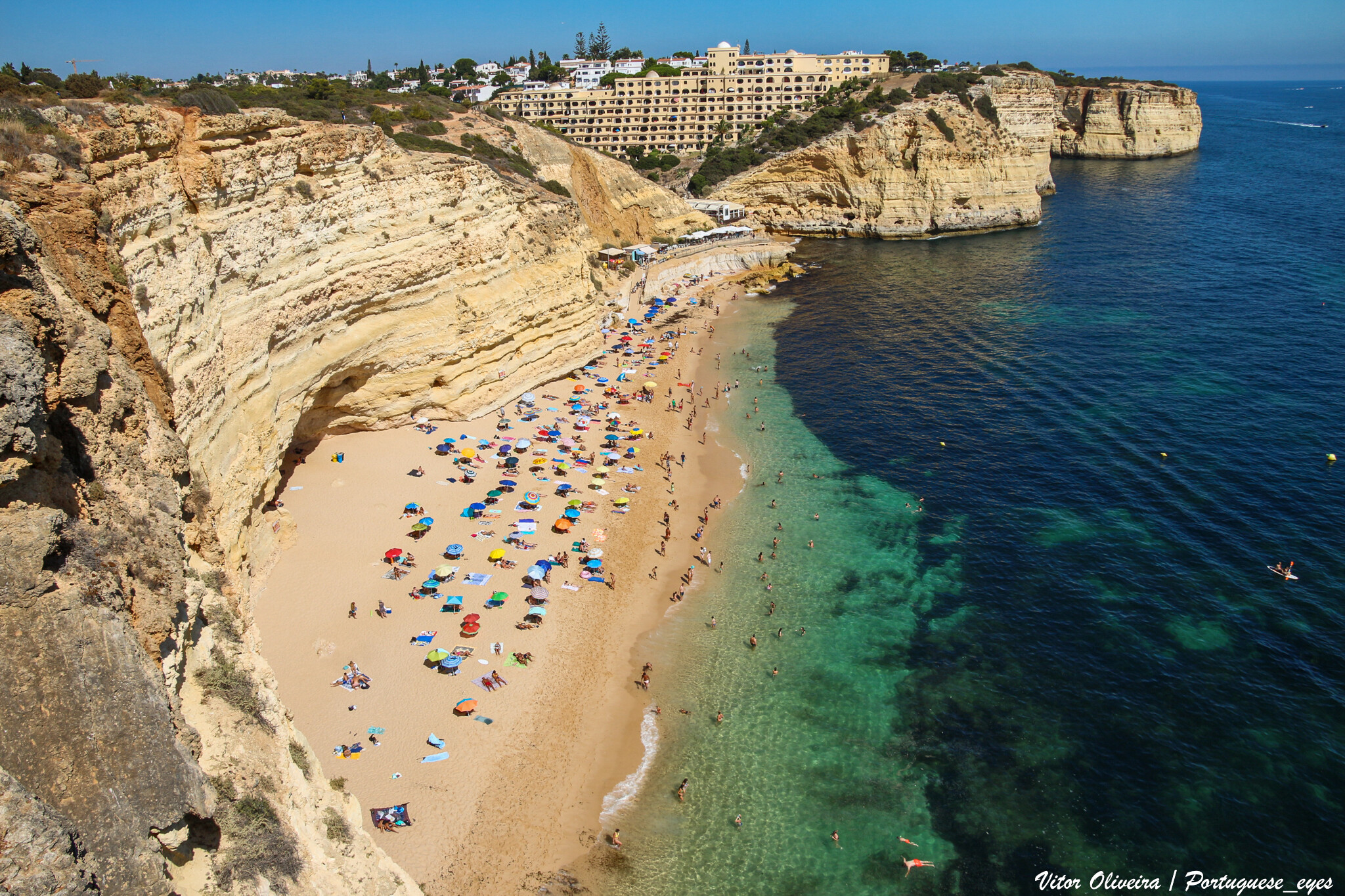


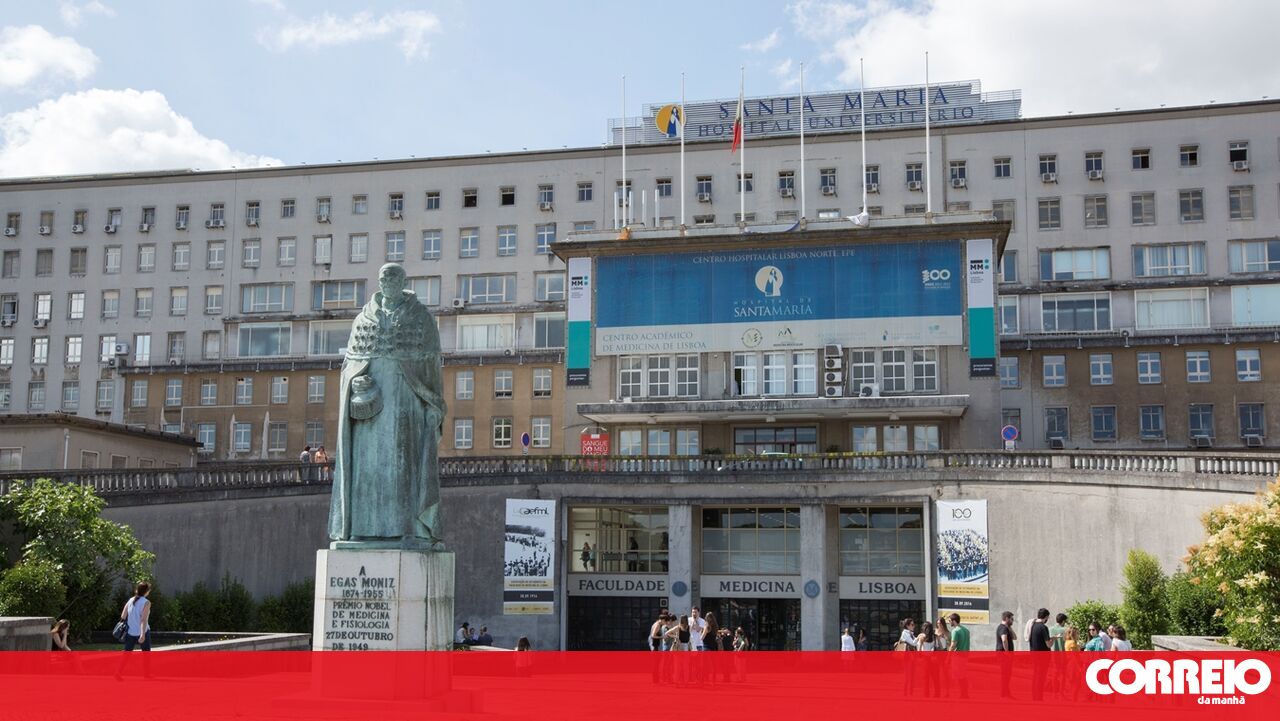

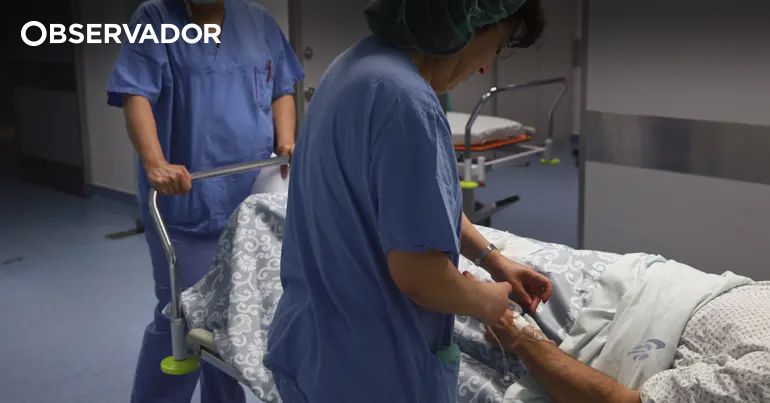
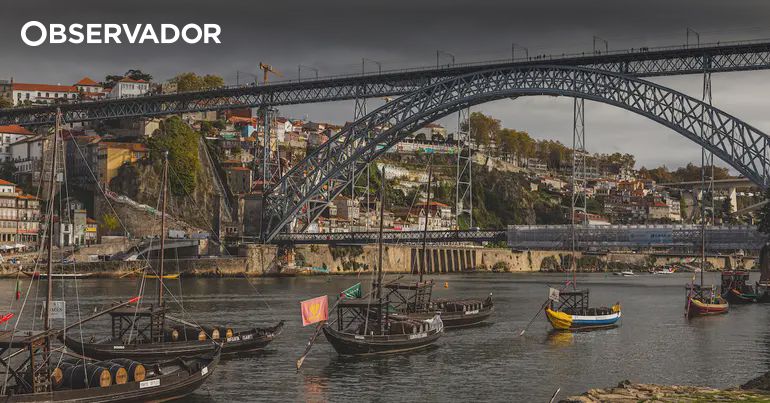





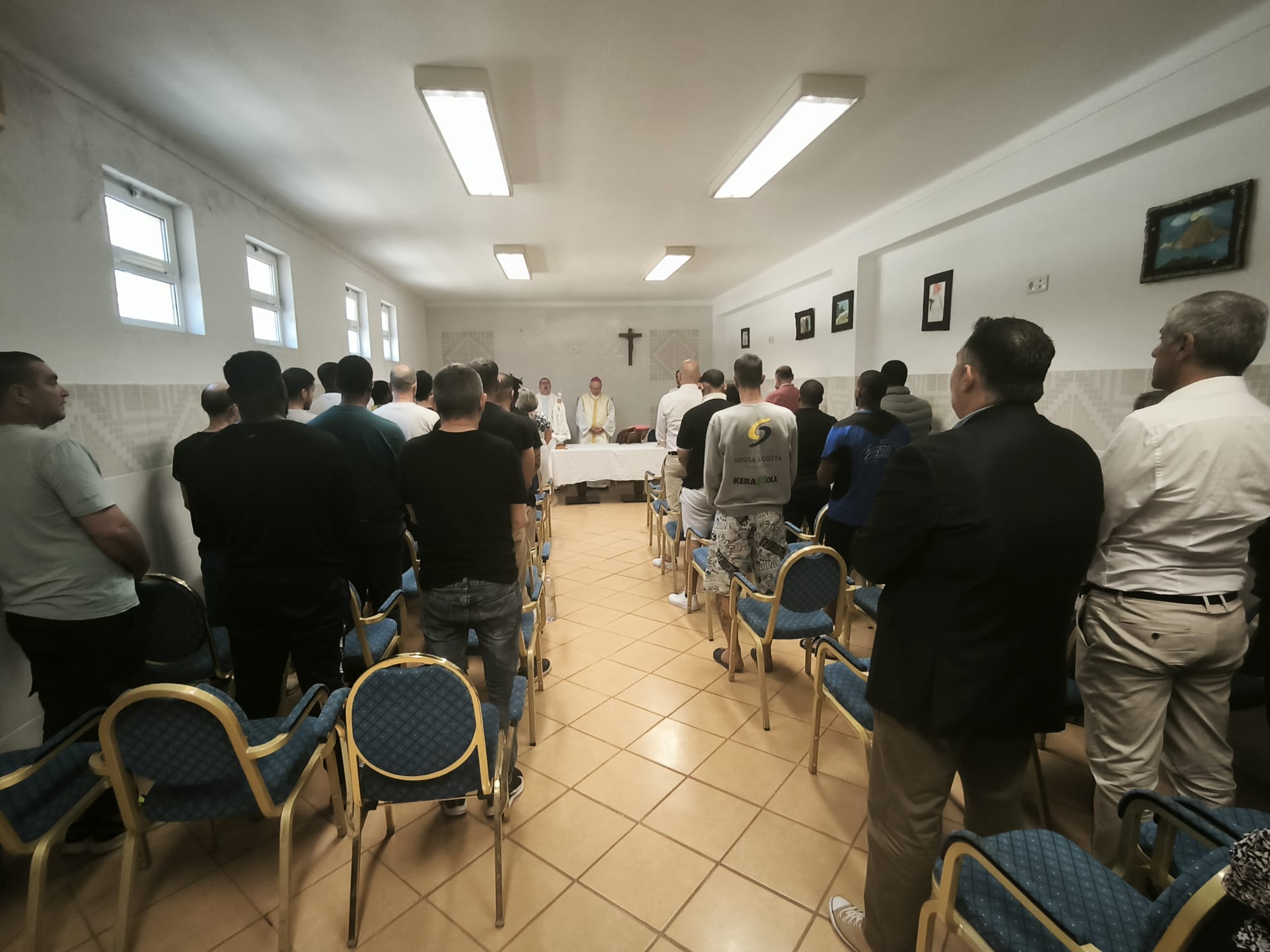


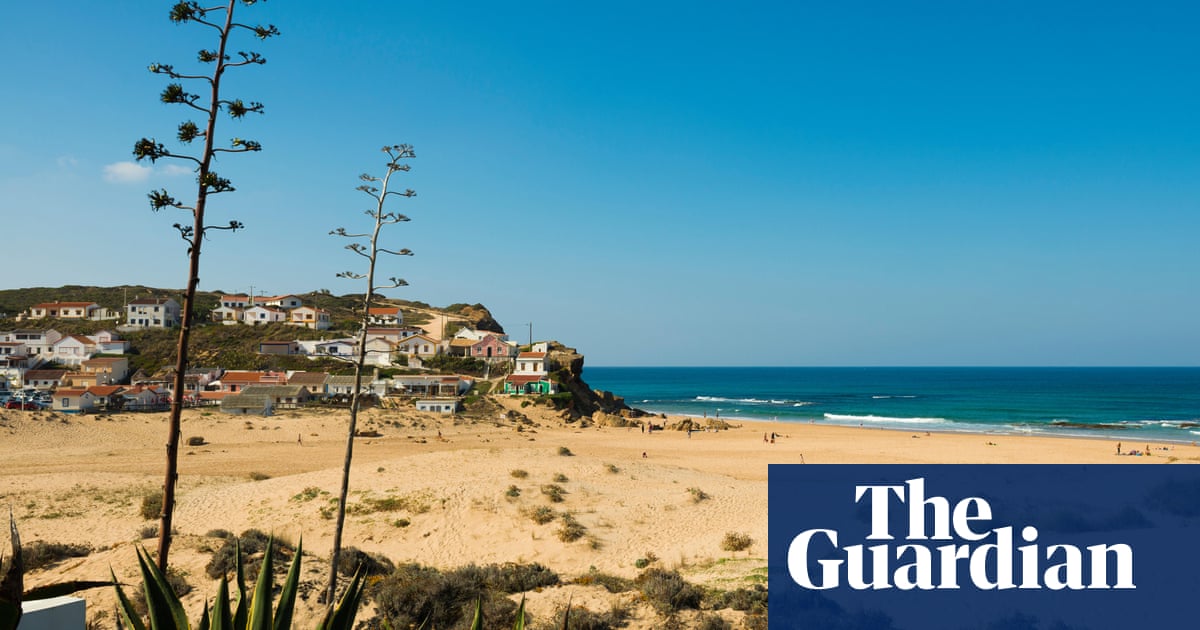
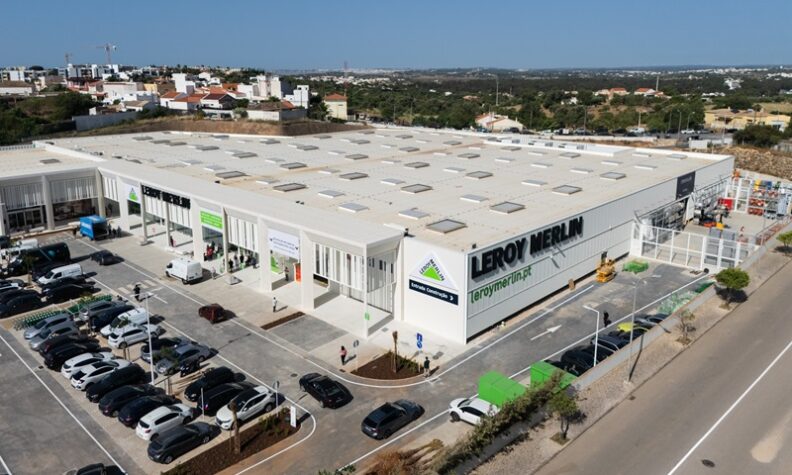
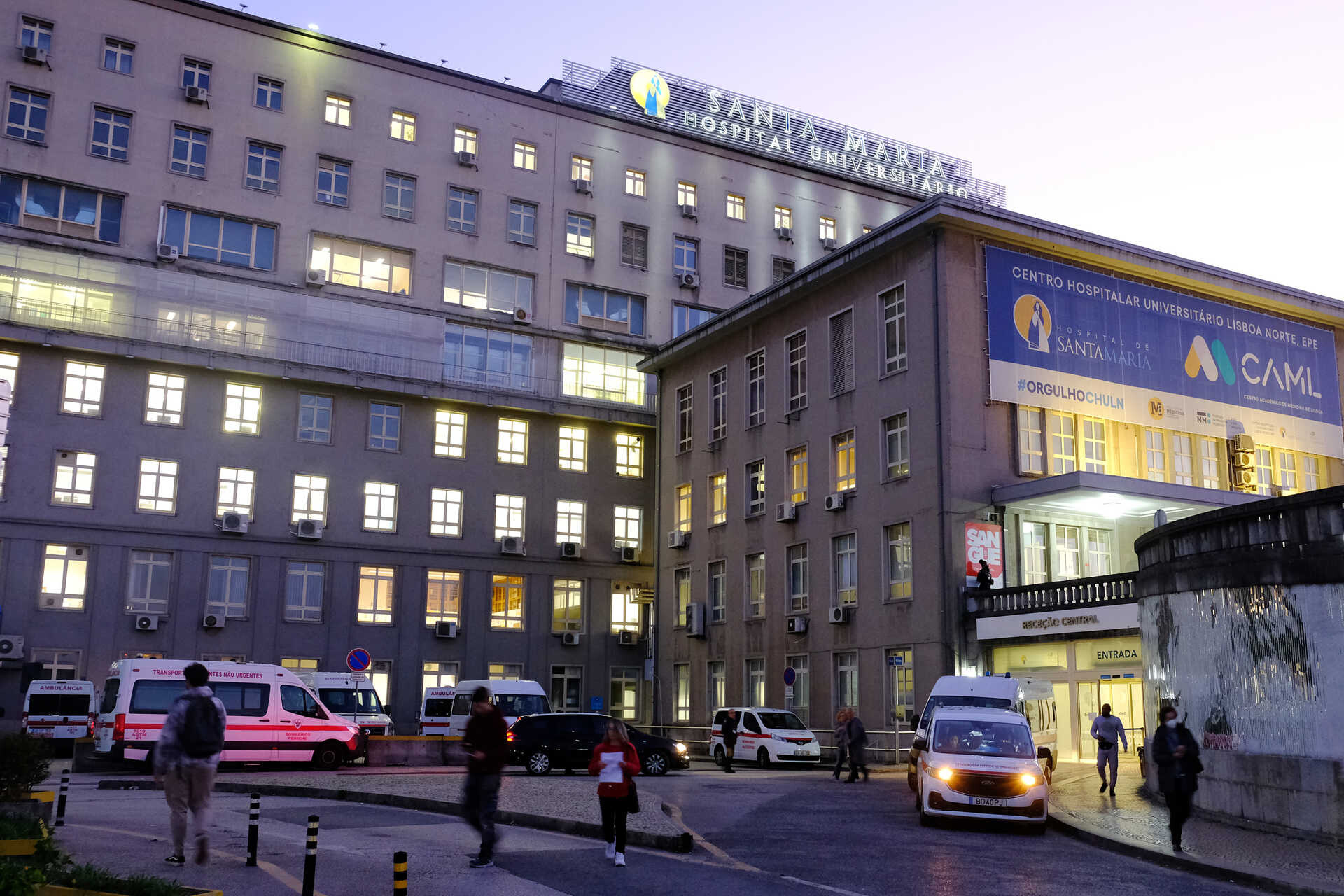






Comments
Join Our Community
Sign up to share your thoughts, engage with others, and become part of our growing community.
No comments yet
Be the first to share your thoughts and start the conversation!